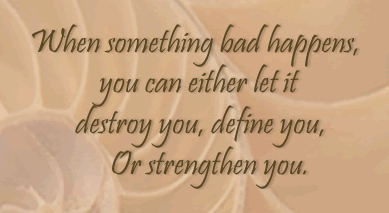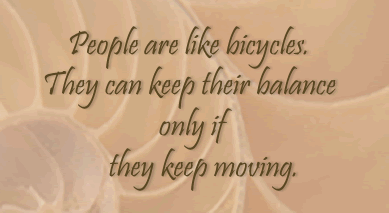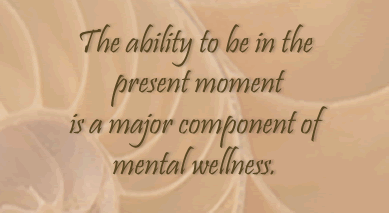
Therapy for Depression and Anxiety
Depression hurts. It takes all the fun out of life. It’s hard to get out of bed, hard to get things done, hard to take care of ourselves, hard to engage in our relationships. We feel unmotivated, overwhelmed, hopeless, helpless and impotent. More often than not, only the ones closest to us truly understand what we are going through.
Because the only sure thing about life is its uncertainty, any significant life event can trigger depression and anxiety in some people. Sometimes it can be set off by an external negative situation like divorce, job loss, death, moving, and illness. Even positive situations like marriage, childbirth, job promotion or plastic surgery can surprisingly trigger depression in people, particularly if change of any sort proves difficult for them.
These situational depressions often respond quickly to psychotherapy. The importance of feeling understood and supported cannot be overstated. Feeling like we have a proven ally in our fight to reclaim ourselves is priceless. But unless our thought process can be examined and challenged, the benefits of talk therapy will be limited. Let me help you through this depression.
Cognitive Behavioral Therapy
Cognitive behavioral therapy is a process where our cognitive distortions are first identified in order to demonstrate how they are promoting and sustaining a negative bias to our thinking. These distortions are ways our mind convinces us of something that isn’t true, and they keep us feeling bad about ourselves. Some of them are:
- Double standard thinking
- Believing in the fallacy of universal fairness
- Overgeneralization
- Black and white thinking
- Filtering out the positive, filtering in the negative.
- Jumping to conclusions.
- Catastrophizing.
- Perfectionism
- Shoulds – Living up to others’ expectations
- Always needing to be right.
Effective therapy will help identify these cognitive distortions in order to breakthrough their negative and powerful hold on our thinking, our behavior and our choices. Effective therapy will help us create a more positive and more inspired outlook, not only in the presenting situation, but in our life. As Einstein said, “a problem can seldom be solved at the same level of thinking in which it was created.”
When to Use Medication
In some cases, when a depression frequently recurs or is not manageable through talk therapy, it may be prudent to consider some type of medication. As seriously depressed people are known to have insufficient amounts of a “feel good” chemical called serotonin, a medication which boosts this level of serotonin can create surprisingly positive results.
Treatments
No two people are alike, which is why everyone is affected by depression in a different way. As such, there is no type of treatment the works on everyone and cures depression. With that in mind, the best you can do to help yourself through depression is to be as informed as possible about depression and its treatments so that you can adapt them to meet specific needs.
Here are a few things everyone should know:
- Educate yourself. It is very important to find out whether or not your symptoms are the result to another medical condition. If you and your doctor discover that this is the case, you should seek treatment for that condition first. The severity of your depression is also a factor. The more severe the depression, the more intensive the treatment you’re likely to need.
- Recovering from depression takes time. It’s very easy to get frustrated but it’s important to know that it may take some time to find out what treatment works best for you through trial and error. Keep an open mind to both change and a little experimentation.
- Try not to solely rely on medications. Medications can certainly help relieve the symptoms of depression and can often help you live a normal life and set you on the right track; however, it is not usually healthy for long-term use. Things like exercise and our depression therapy can be a highly effective alternative to medication or to supplement your needs; all without the unwanted side effects. If decide that medications are right for you, be sure to make healthy lifestyle changes as well for the best overall results. Seek out the change you want to be.
- Stay social. Do not be afraid to keep your social connections, because most people find that they are feel much better when they are able to confide in people, whether they know it or not. Talk to close family members and friends, or even look for new connections at support groups. It is vital for you to realize that asking for help is not a sign of weakness whatsoever and that you won’t be a bother to others; people want to genuinely help you through your depression.
- Stay committed to the end goal. Depression treatments take time. It’s easy to feel frustrated when you don’t get results or relief from your symptoms as quick as you would like. Don’t let it get you down or overwhelm you. Extended healing process is completely normal and it will certainly have its ups and downs.
Let me offer my expertise and help you through this process and all potential treatments. Often, my clients are able to reframe their depression as an opportunity to develop more helpful thinking patterns and make their life even better than it was before! There is always hope.
Contact Me
If you resonate with anything above, or if you just looking for more information on how Caree can help with your anxiety, please do not hesitate to contact us.







